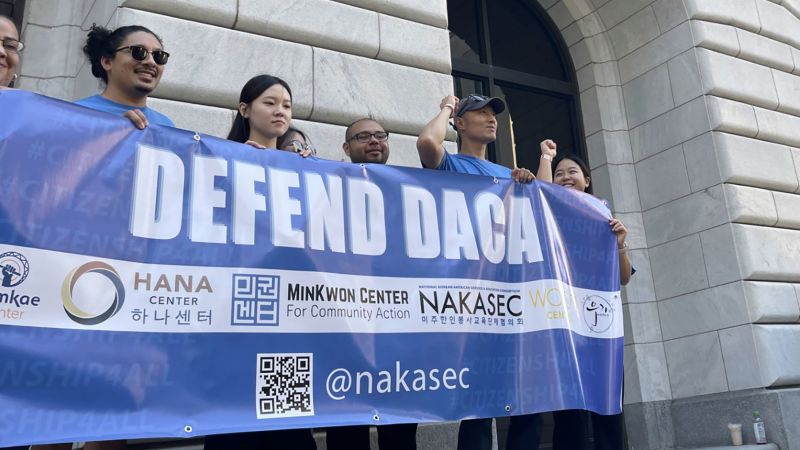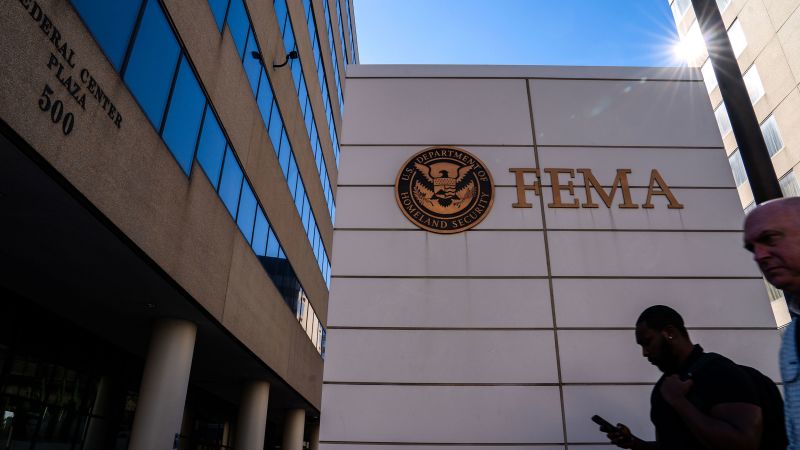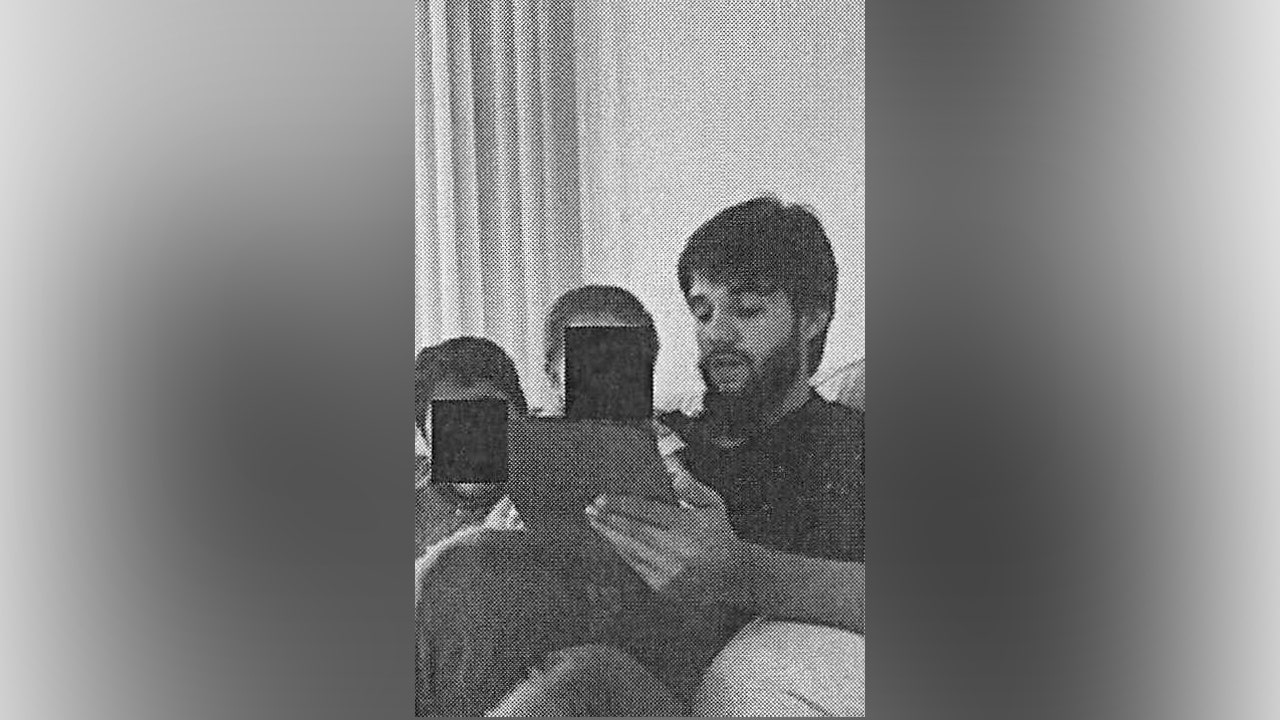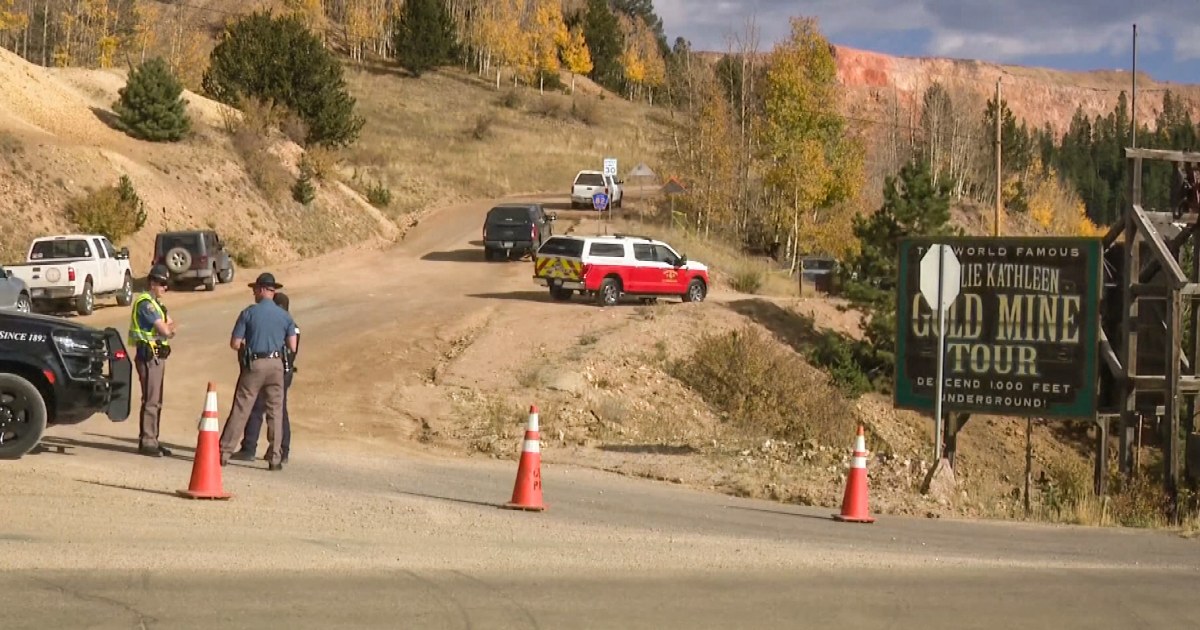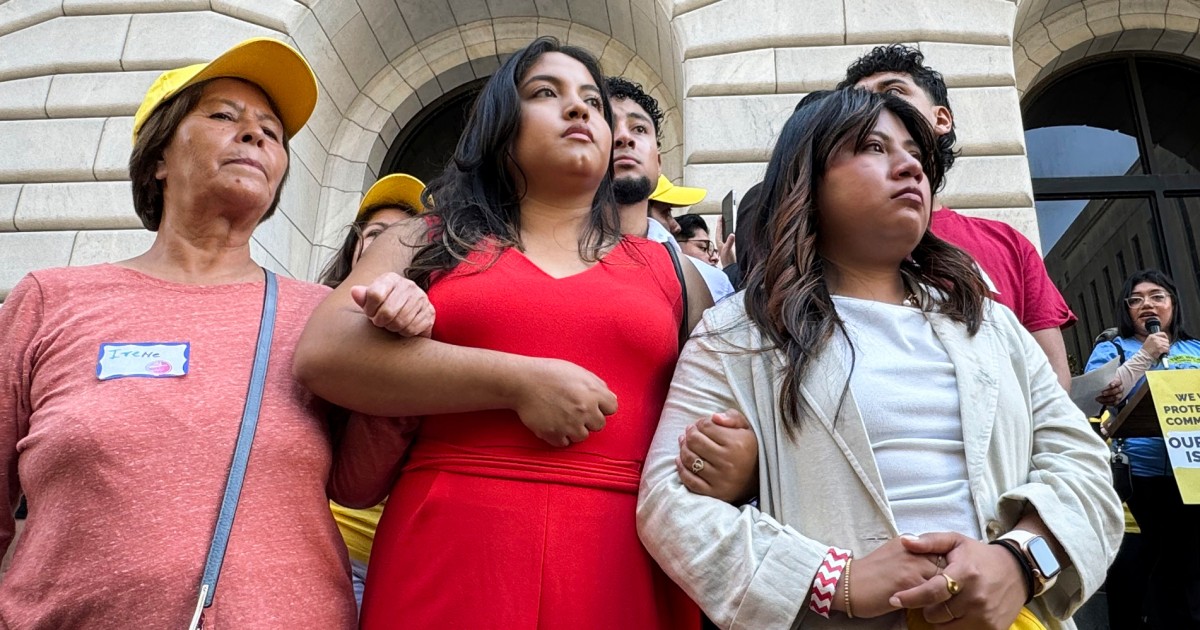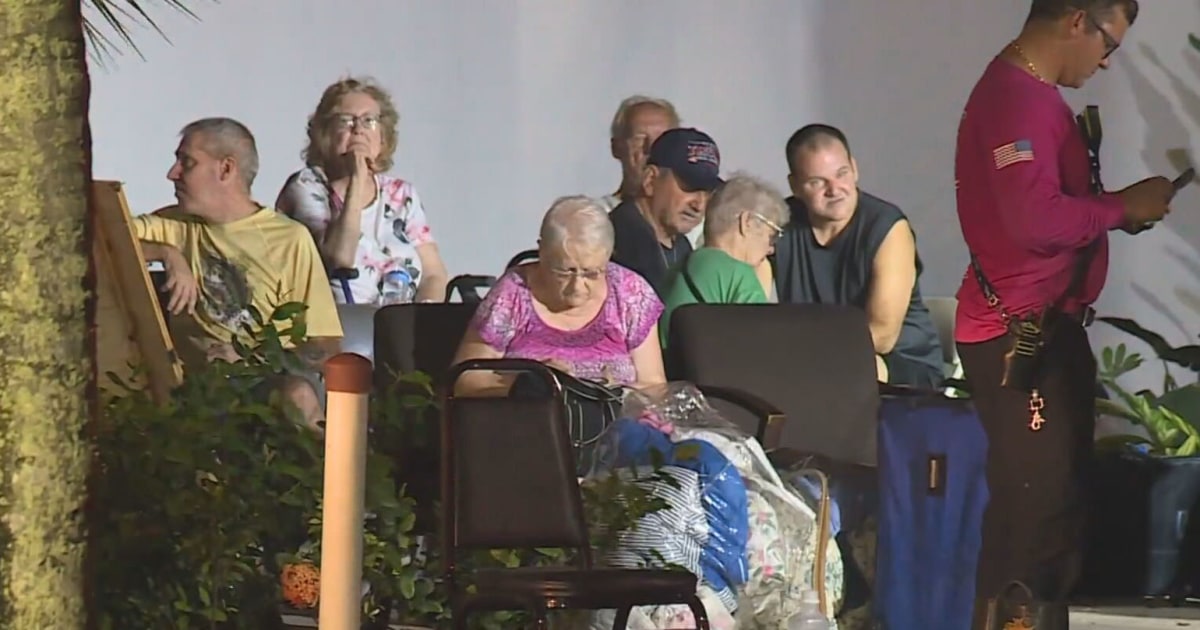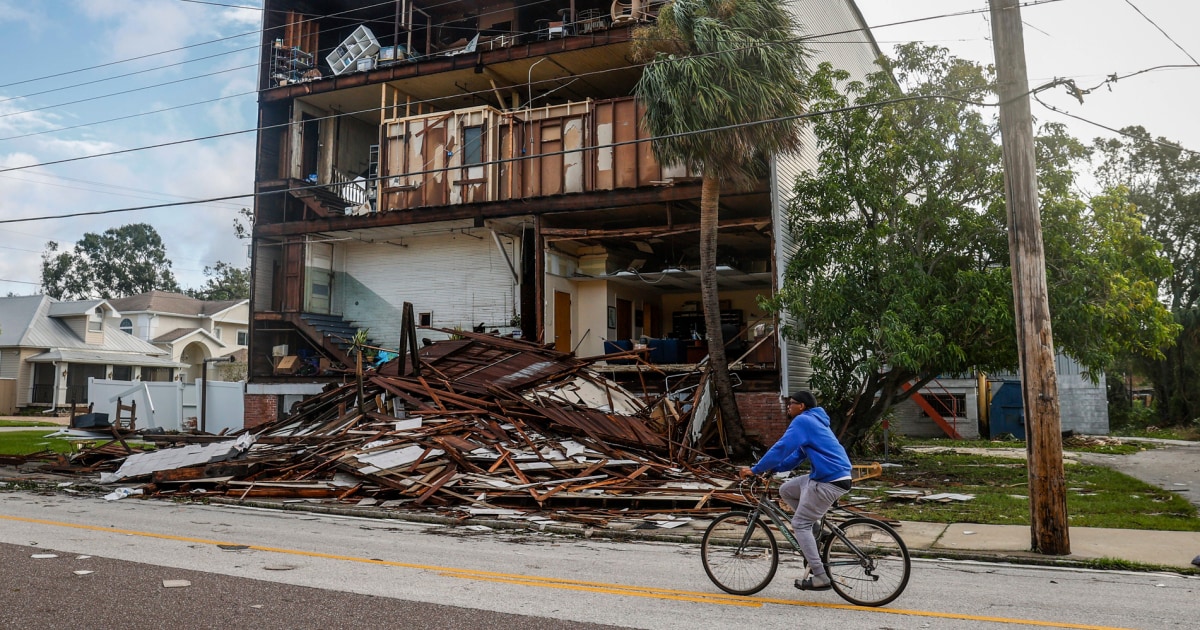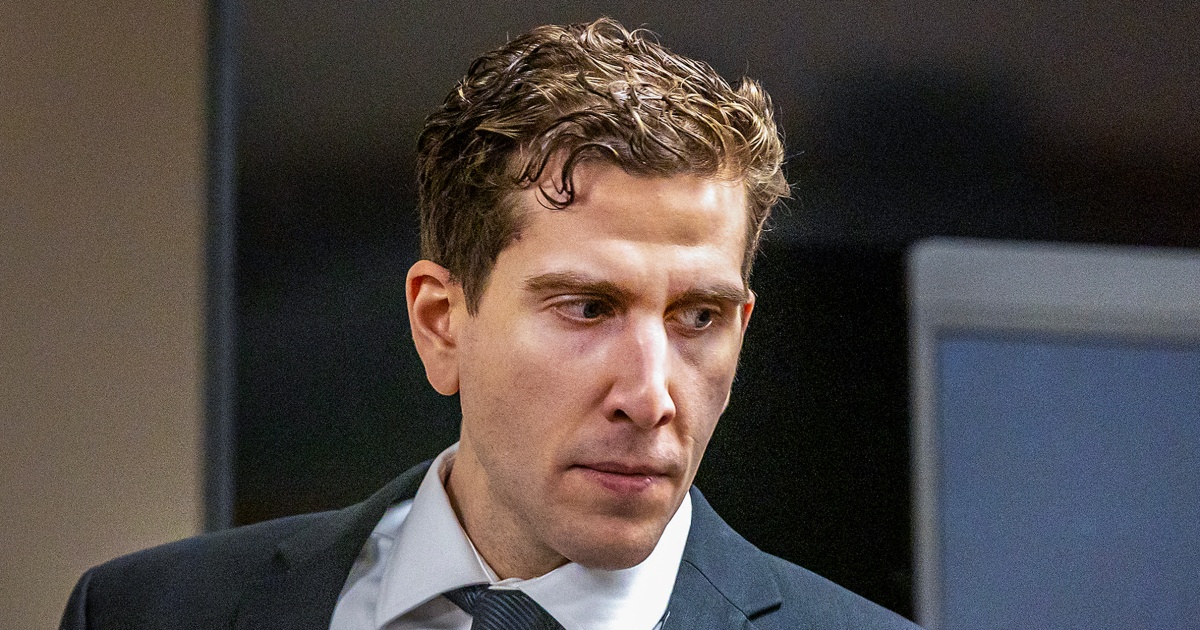But in recent years, there has been a steady increase in calls to police from Elevations, rising from 15 in 2019 to 56 in 2023. Syracuse Chief of Police Garret Atkin said Elevations is on track to nearly double last year’s tally by the end of 2024. Most of the calls involve clients alleging that they have been mistreated by the facility staff, or children assaulting a peer or employee, he said.
From May 2023 to May 2024, Elevations reported at least 105 incidents of self-harm and 138 uses of physical restraints, according to state records.
Miranda Goodwill, 20, said she was violently restrained face-down by a staffer for throwing books at a wall in 2019. Another student at the time said she witnessed this incident and described it similarly to NBC News.
“I got up, and there was a bunch of blood coming down my ear,” Goodwill said. “They made me tell the people at the hospital that I just fell instead of telling them what actually happened.”
Youth rights advocates said they hoped the closure of Trails Carolina would result in more regulatory scrutiny of Elevations, but thus far it has not. In Idaho, North Carolina and Utah, where the Family Help & Wellness youth programs are based, officials said they do not take violations at affiliated facilities in other states into account when evaluating programs. Only the child welfare agency in New Mexico, where one treatment center is, said it is currently looking into that program’s association with Family Help & Wellness, though its actions are limited to the facilities in its state.
Kelly Webster, board treasurer for the National Association of Therapeutic Schools and Programs, a trade association to which Elevations belongs, said she understands why prospective families might want to draw connections between related programs. But she urged caution.
“I don’t think it’s reasonable to assume that just because something awful happened at a program in North Carolina, because it’s owned by some of the same corporate-backing as a place that serves a totally different population, does different things in the name of treatment in Utah, that they’re also going to be bad and that a tragedy like that will occur there, too,” she said.
Katie England, a spokesperson for the Utah Department of Health and Human Services, which oversees facilities like Elevations, said that it “does not have the statutory authority to use facility violations or adverse incidents in other states when making Utah-specific licensing decisions.”
Recent changes in Utah have increased the number of state inspections of treatment centers and required more tracking of critical incidents, such as restraints and self-harm. But there’s little national data available on the frequency of those incidents, something industry experts and advocates hope to change with the Stop Institutional Child Abuse Act. The bipartisan bill would establish a federal interagency work group to improve communication among state licensing and child welfare agencies, and create the first national database of restraints and seclusion in youth treatment centers.
Ben Jones, director of legal and policy initiatives for the youth advocacy group Lives in the Balance, said the bill is a “necessary step in the right direction because at this point, we have no centralized oversight whatsoever.” If families are sending kids away from home for treatment, he said, “then we should damn well be sure that they’re safe and getting good stuff for all this money.”
Read the full article here




